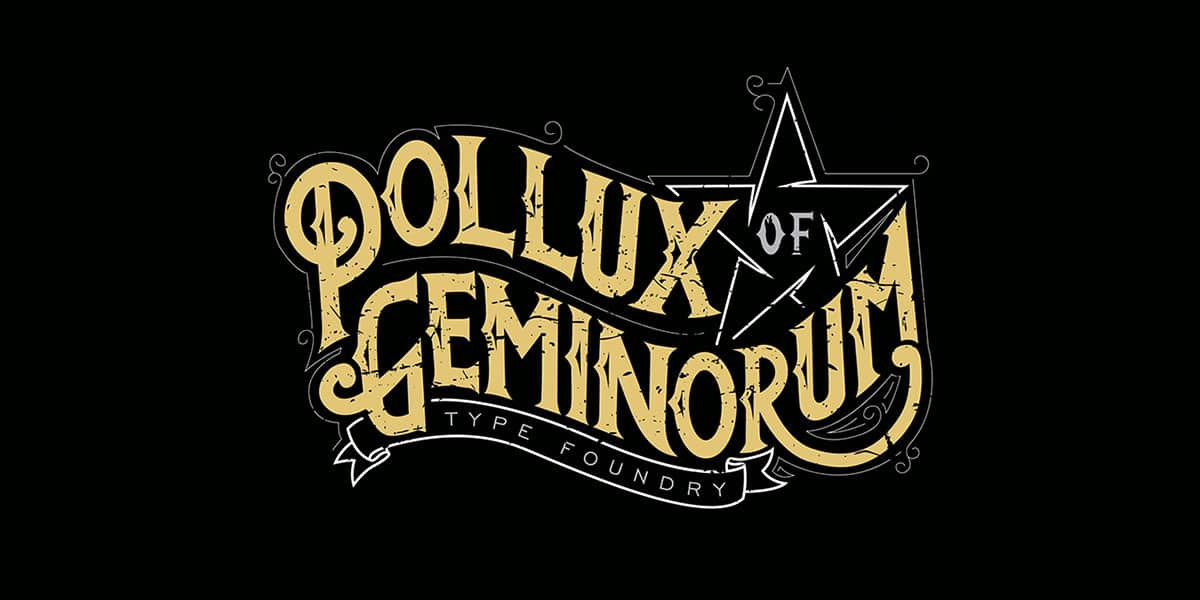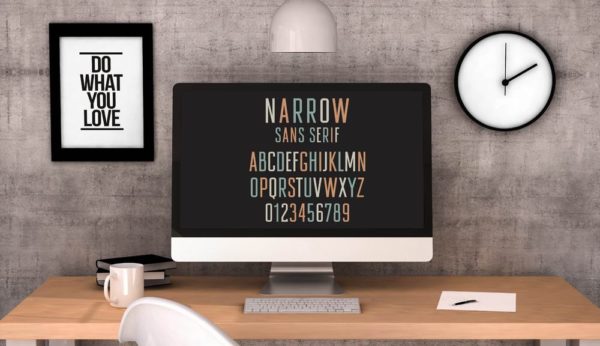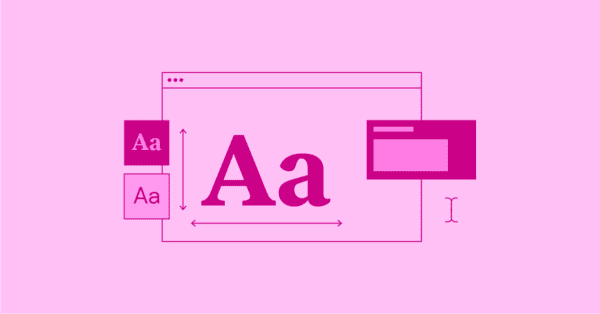Enjoy 25% Off All Fonts. Use Coupon Code ENDYEAR25 before December 31, 2025.

Writing a good book is not just about the story but also the cover design. Font is an important part of a bool cover, and a well-designed one can attract people to grab it from the shelf. Here is the font guide you need before designing a perfect book cover!

The arts of book covers can go in every direction, but there are differences between amateur-looking and professional designs, including in fonts. Here are the common examples:
Amateur book cover designs often too focus on images and treat the texts, such as the title and author’s name, as an afterthought. Professional book covers involve the texts from the start and find a way to make the texts shine with the images.
Many amateur covers stick with overly used fonts or using the wrong ones for the themes of the stories. Professional covers match the covers with the stories, and they often use premium or at least fresh font designs.
Some amateur book covers try to attract readers by emphasizing the book titles but not the authors’ names. Professional book covers give equal attention to the titles and the authors and even further by adding the names of the editors or translators.

A book delivers a message for its readers, so the font for its cover must reflect the inside. Many prospective readers can expect what they will find just by looking at the fonts. While many creative interpretations cover designers can take, some fonts communicate more specific themes than others.
For example, a futuristic dystopian novel can use bold sans serif fonts with square edges for its cover fonts. However, a historical novel set in the ancient era may benefit more from serif fonts that give “classic” elegance. A fun display typeface with irregular strokes is great for a humorous memoir but not a political study.
Now that you understand the basics, follow these additional steps to choose the right font for a book cover.
Ideally, one book should only use two to four fonts for the entire book. This means you can use at least two fonts (or one font with several variations) for the cover. Too many fonts will distract the readers and make your cover look exhausting even before opening the book.
When choosing a font, make sure to pick something that has a timeless quality in its design. Trendy fonts look fun and attractive, but they will make your book look stale in several years. Also, avoid overused display fonts like Papyrus or Comic Sans.
If you aim for physical sales and online for your books, consider how the fonts will look from certain distances. If bookstore visitors can spot your title from a distance, they are more likely to approach your book.
If you look for fresh fonts for your book cover, visit Pollux of Geminorum, a modern font resource. Download the right font and make your book cover sings.